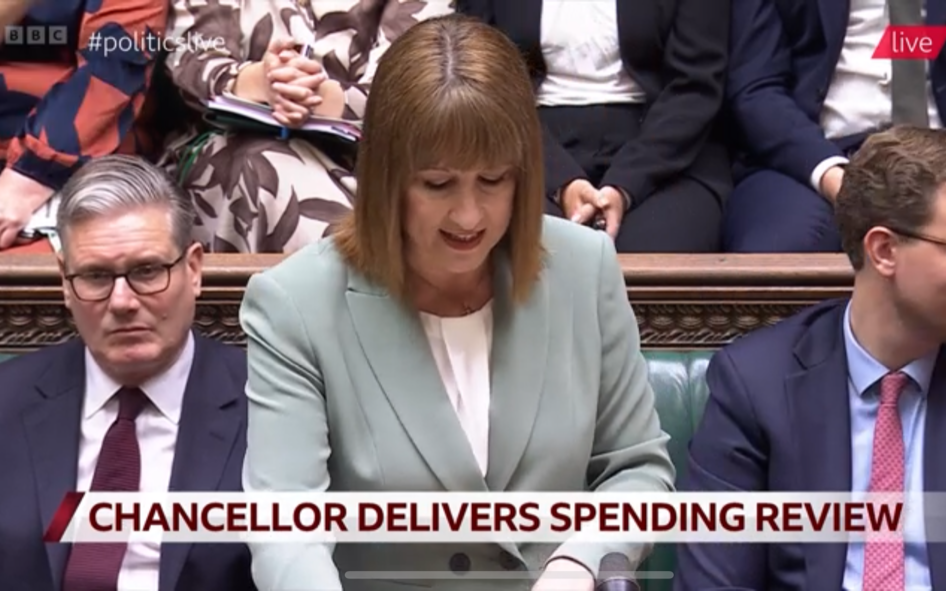
The UK Chancellor’s Spending Review has allocated £445 million to Welsh railways over a ten-year period. However, politicians and analysts across Wales have quickly criticised this move, calling it inadequate and long overdue.
Chancellor Rachel Reeves’s announcement was initially promoted as a significant boost for Welsh rail infrastructure, with claims that the package surpassed what Wales would have received under the Barnett formula if HS2 had been funded. However, a closer examination reveals that only £48 million will be allocated for enhancements on the devolved Core Valley Lines within the next four years. Critics argue that spreading the remaining funds over a decade significantly reduces their value in real terms.
According to the Wales Governance Centre figures, labelling HS2 as an “England and Wales” project has deprived Wales of approximately £845 million in consequential funding between 2016 and 2030. This amount far exceeds the new rail investment and highlights a funding mechanism that continues disadvantaging Welsh infrastructure projects.
While the Spending Review mentions the Borderlands Line and the Cardiff–Bristol route, it provides little detail regarding transparency and delivery timelines. Although the Treasury insists that most of the £445 million will be spent over ten years, scepticism remains high.
Welsh Conservative Senedd leader Darren Millar called the investment “shameful” and “an insult to the people of Wales.” Meanwhile, Plaid Cymru’s Heledd Fychan accused the Welsh Labour government of settling for too little. “Public services, already on the brink in Wales under Labour, face further cuts because the First Minister asked for very little and received exactly that,” she said.
The Spending Review does, however, increase the Welsh Government’s overall annual budget to an average of £22.4 billion over the next three years. This includes a real-terms increase in NHS spending, reflecting a 3% rise in day-to-day health budgets in England. However, with healthcare already consuming half of the Welsh budget, experts warn that other services may suffer.
The Institute for Fiscal Studies (IFS) estimates that while public service funding will grow by 1.2% above inflation, increased demands from the NHS could consume most of this rise. “That will likely require tough choices and real-term cuts for some services,” said David Phillips from the IFS.
First Minister Eluned Morgan attempted to frame the settlement more positively, highlighting investments in coal tip safety and community benefits. “Wales will see significant extra investment in rail infrastructure and communities,” she said.
Nevertheless, the consensus among critics is clear. Despite the headline-grabbing figure, the £445 million rail package falls far short of addressing systemic funding inequalities, especially considering the exclusion of Wales from HS2 funding. With growing calls for a fairer fiscal framework, today’s announcement may be remembered more for what it fails to deliver than for what it promises than what it promises.
